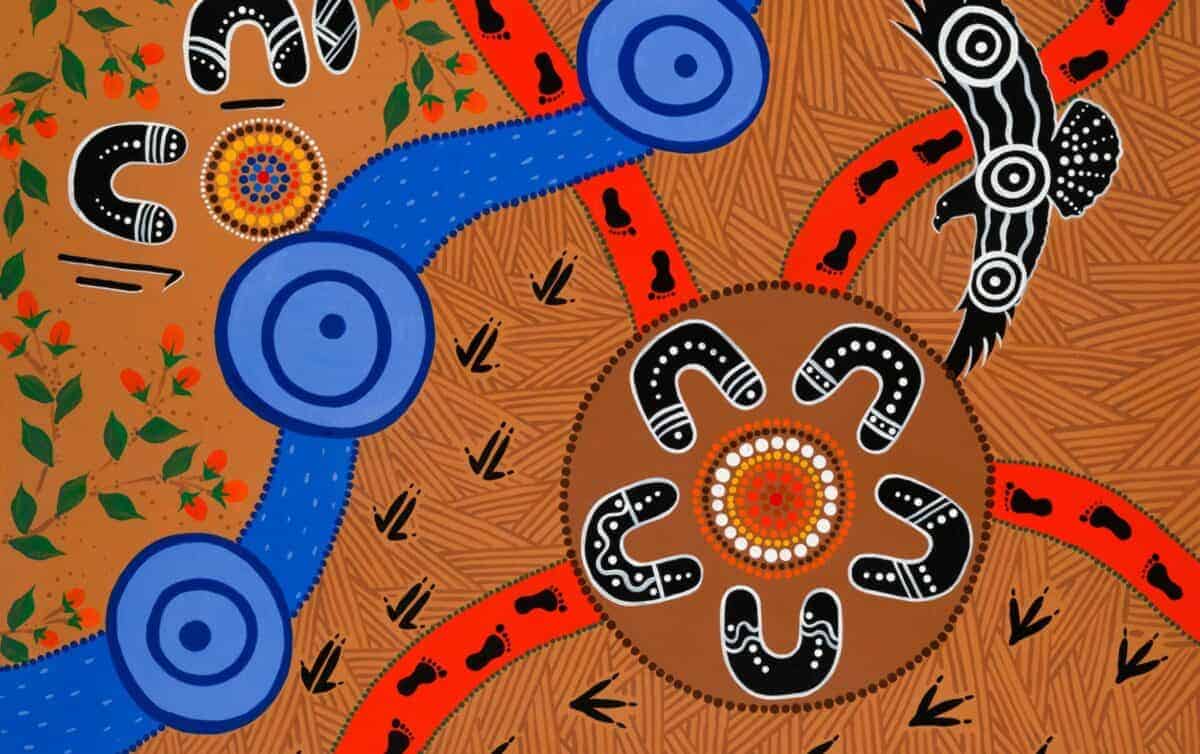There are many diverse opportunities for pharmacists beyond preparing or dispensing medication that reach far beyond the four walls of a community pharmacy or hospital dispensary. Pharmacists can use their skills to promote health awareness and contribute to the betterment of the community in a variety of different ways.
If you are looking to diversify and explore your opportunities within the profession, there are a variety of areas that allow pharmacists to extend their scope of practice and potentially offer a life changing experience.
One of these areas is working as an Aboriginal Health Service Pharmacist. These pharmacists are responsible for the delivery of clinical pharmacy services and health programs for Aboriginal Health Services. The responsibilities can be varied but can involve anything from chronic disease management to patient and staff education. It also provides an opportunity to work closely with other clinicians and Aboriginal and Torres Strait Islander people.
Activities could include:
- Supplying medicines through the S100 scheme.
- Working with Aboriginal Health Workers and Aboriginal Liaison Officers to ensure access to medicines and health services.
- Liaising with other Aboriginal Health Services, hospitals and specialists to ensure continuity of care for patients.
- Conducting blood glucose testing, INR testing and blood pressure testing.
- Working closely with the local pharmacy in the supply of medication.
- Conducting Home Medication Reviews (HMR’s).
An Aboriginal Community Controlled Health Organisation is a primary health care service initiated and operated by the local Aboriginal community. The aim of the organisation is to deliver holistic, comprehensive and culturally appropriate healthcare to the community. There are varying governance structures between types of Aboriginal health services and this can impact the roles of clinicians, the model of care and your role as a pharmacist.
On 12 July the Medical Services Advisory Committee (MSAC) released advice to support funding to embed non-dispensing pharmacists within Aboriginal Health Services. A joint submission was put forward from the PSA, NACCHO and James Cook University (JCU) calling for funding for the Integrating Pharmacists within Aboriginal Community Controlled Health Services to improve Chronic Disease Management (IPAC) project.
The IPAC project integrated 26 pharmacists into 18 Aboriginal Community Controlled Health Organisations for 15 months across Queensland, Victoria, and the Northern Territory. Through the project, some Aboriginal Community Controlled Health Services embedded pharmacists directly into their services, while others worked with community pharmacies to deliver pharmacy services.
MSAC considered that the model was safe and effective compared to usual care and that the estimated costs for providing this integrated, collaborative, culturally appropriate patient-centred care to improve health outcomes for Aboriginal and Torres Strait Islander peoples was good value for money. There is hope that the government will roll out this important service nationally.
PSA National President Dr Fei Sim FPS stated that, “through the IPAC project, pharmacists have proven how valuable we are in improving the health outcomes of Aboriginal and Torres Strait Islander peoples’ health.
“One-third of pharmacists involved in the IPAC project were contracted from community pharmacies, highlighting further opportunities for capacity building initiatives within the pharmacy sector to collaboratively deliver better health outcomes for Aboriginal and Torres Strait Islander people.”
For those considering a change of direction in their pharmacy career and may want to learn more about working as an Aboriginal Health Pharmacist, the Pharmaceutical Society of Australia (PSA) have an introductory course called the Deadly Pharmacists Foundation Course. This interactive online course includes topics such as Aboriginal and Torres Strait Islander culture, communication skills including how to use clinical yarning in your practice and conditions of prevalence in some Aboriginal and Torres Strait Islander communities. It also covers other practical aspects such as how services are funded. Other relevant Indigenous health education for health professionals can also be found at https://www.servicesaustralia.gov.au/indigenous-health-education-for-health-professionals?context=20.
The pharmacy profession offers many opportunities to diversify your career, so reach out if you are looking for a change. We can help you to find the best fit for your career needs.




 Share
Share